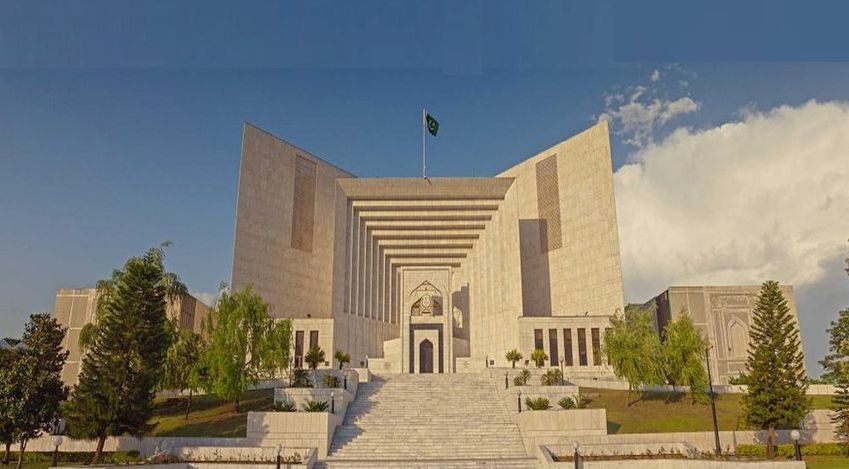The Revisional Jurisdiction u/s 115 of the Code of Civil Procedure, 1908 (CPC), should only exercise when there is a clear jurisdictional error, illegality, or material procedural irregularity --- Supreme Court of Pakistan
Islamabad 25-07-2024: In a significant ruling, the Supreme Court of Pakistan has overturned a decision by the Lahore High Court in a contentious property dispute, reinstating the judgments of the lower courts. The case, Civil Appeal No. 648 of 2022, involved appellants, and respondents (deceased) through legal representatives and two others.
The dispute centered around a residential property purchased by Major (Rtd.) Muhammad Afzal in 1959. The appellants, children from his second marriage, claimed ownership of the property based on a memorandum of oral gift executed in 1974. This memorandum stated that the property was orally gifted to the appellants in 1962 and was registered with the Sub-Registrar, Lahore. The respondents, heirs from Major Afzal's first marriage, contested the gift, alleging fraud and fabrication.
The Trial Court dismissed the respondents' suit in 2017, and this decision was upheld by the Appellate Court in 2018. However, the Lahore High Court overturned these judgments in 2022, prompting the appellants to take the matter to the Supreme Court.
The Supreme Court, comprising Mr. Justice Syed Mansoor Ali Shah, Mr. Justice Jamal Khan Mandokhail, and Mr. Justice Athar Minallah, critically examined the High Court's decision. The Court emphasized the limited scope of revisional jurisdiction under Section 115 of the Code of Civil Procedure, 1908 (CPC), stating that it should only interfere when there is a clear jurisdictional error, illegality, or material procedural irregularity.
The Supreme Court found that the High Court had failed to recognize the general and vague nature of the fraud allegations made by the respondents. The Court reiterated that under Rule 4 of Order VI of the CPC, allegations of fraud must be specific and detailed. The initial burden of proving fraud was on the respondents, which they did not meet.
Furthermore, the Supreme Court highlighted the concurrent findings of the trial and Appellate Courts, which had properly evaluated the evidence and concluded that the memorandum of oral gift was valid. The Supreme Court stated that the High Court should not have set aside these findings without a substantial legal basis.
The Supreme Court allowed the appeal, setting aside the High Court's judgment dated May 6, 2022. The concurrent findings of the Lower Courts were reinstated, affirming the validity of the memorandum of oral gift in favor of the appellants. The case highlights the judiciary's stance on the importance of specific pleadings in allegations of fraud and the limitations of revisional jurisdiction.
This ruling not only resolves a long-standing family dispute but also reinforces key legal principles regarding the burden of proof and the specificity required in legal pleadings involving allegations of fraud.
Powered by Froala Editor








